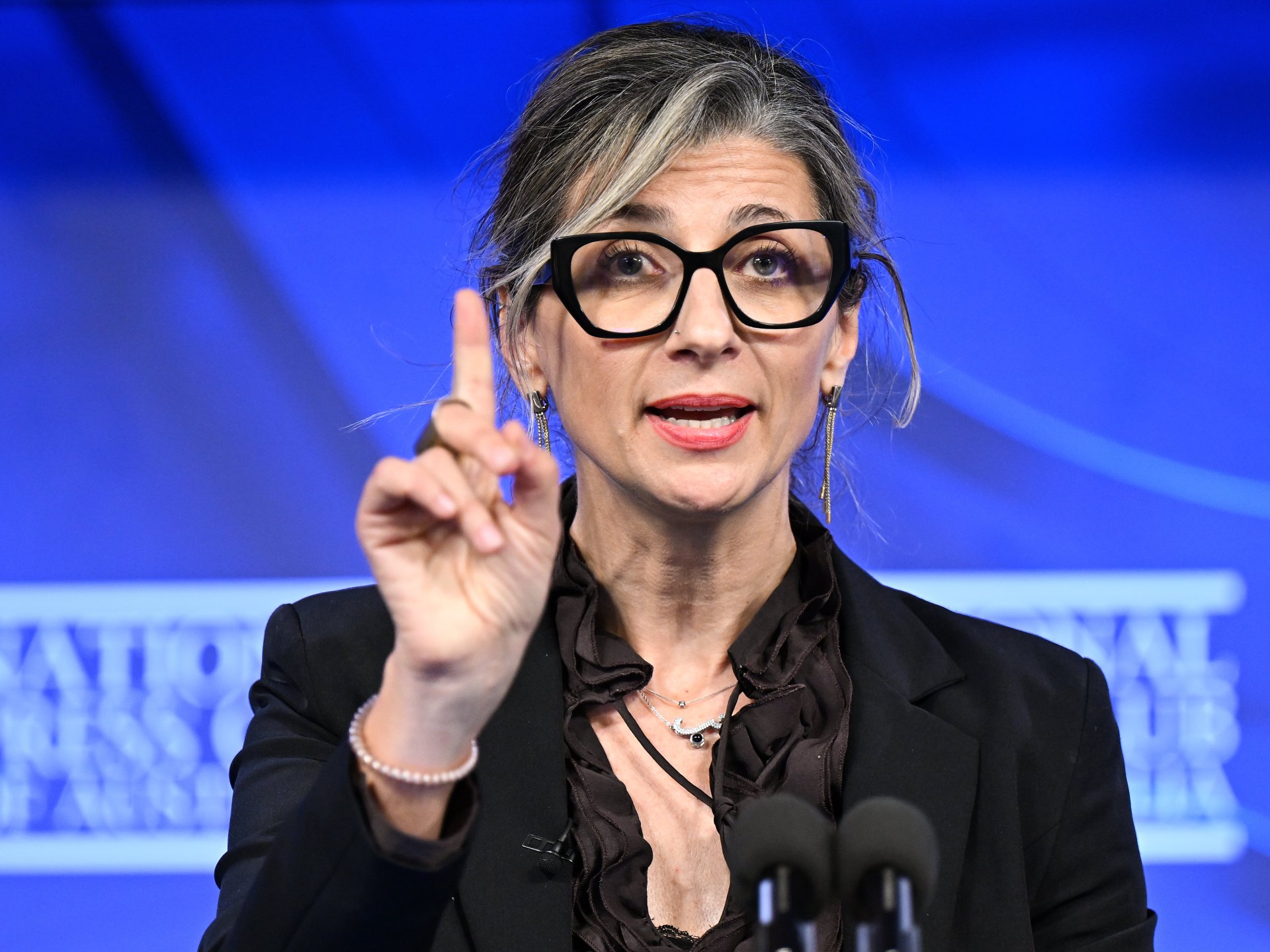ICJ Orders Israel to Halt Rafah Offensive Amid Growing Global Pressure
The International Court of Justice (ICJ) in The Hague has mandated Israel to cease its military operations in Rafah immediately, citing the risk of the partial or total destruction of the Palestinian population in Gaza. This ruling comes after an urgent request by South Africa, which accuses Israel of committing genocide during its ongoing conflict with Hamas.
The ICJ's decision, proclaimed by its president Nawaf Salam, under the auspices of the Genocide Convention, aims to protect the humanitarian rights of Palestinians in Gaza. Specifically, Israel is required to halt its offensive in Rafah, ensuring the Rafah crossing remains open for humanitarian aid and allowing investigative committees access to the area. Despite this binding resolution, Israel's Prime Minister Benjamin Netanyahu has rejected the accusations, citing national security and self-defense as paramount.
Additionally, the court has ordered the immediate and unconditional release of all Israeli hostages captured by Hamas. Despite the court's binding decision, Israel and its ultra-right ministers have expressed strong opposition. War Cabinet Minister Benny Gantz and the Prime Minister’s office labeled the allegations as inaccurate and inflamed, further questioning the feasibility of adhering to the court's ruling.
The ongoing humanitarian situation in Gaza is deemed 'disastrous' by the court, exacerbated by Israel's continuing military activities. Reports indicate that the displacement of over 800,000 Palestinians has significantly worsened conditions within the region. Meanwhile, the ICJ's intervention marks only one phase in a broader legal battle spearheaded by South Africa, accusing Israel of systemic genocide under international law.
The ICJ's ruling reflects increasing international pressure on Israel and underscores the urgency of deploying humanitarian assistance to the embattled region. The court's decision, although final and binding, lacks an enforcement mechanism, prompting the need for further United Nations Security Council (UNSC) action. However, any UNSC resolution faces the potential of a U.S. veto, complicating international diplomatic efforts.
Despite the court’s ruling, Israel continues its military operations citing the necessity to defend its citizens and recover hostages. The geopolitical ramifications of this legal and humanitarian conflict extend beyond the Middle East, influencing diplomatic relations and policy decisions globally.
- This landmark ruling by the ICJ is a significant step in international judicial intervention in armed conflicts, particularly in the Middle East. While the court's decision aims to provide immediate relief to the distressed population in Rafah, its effectiveness remains contingent on international compliance and enforcement.
- The broader implications of the ruling also touch on the roles of international bodies, such as the United Nations and International Criminal Court (ICC), in mediating and resolving such conflicts. The ICC has also taken a firm stance, seeking arrest warrants against key Israeli and Hamas figures, including Netanyahu, further intensifying the judicial scrutiny on both sides of the conflict.
- From a diplomatic standpoint, the ICJ's decision has garnered mixed reactions. Countries like Spain, Ireland, and Norway have indicated steps toward recognizing Palestine as a sovereign state, reflecting a shift in international sentiment. This also showcases the growing pressure on Israel to conform to international humanitarian laws.





